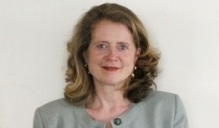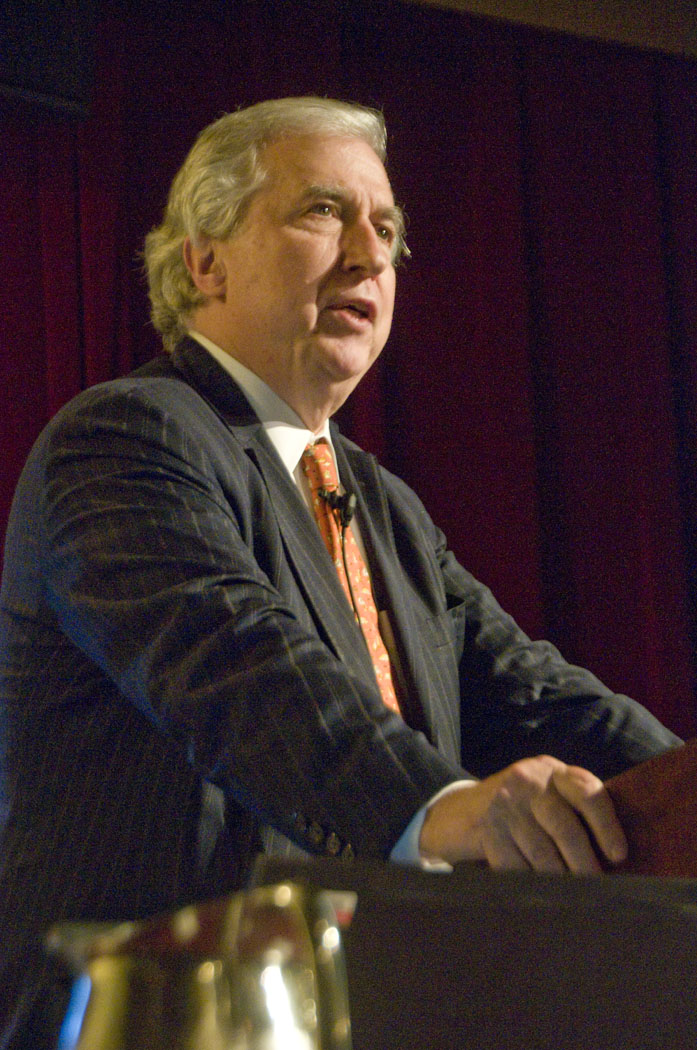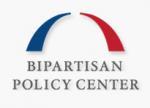Institutional investors are howling for US public companies to focus more on the long-term.[1] This is unsurprising. Long-term focused companies produce significantly better results over time, reporting far greater revenue growth with less volatility, far higher levels of economic …
On April 20, 2018, Columbia Law School will hold its 2018 Mergers & Acquisitions and Corporate Governance Conference at Convene in midtown Manhattan. The event is co-sponsored by the law firms Gibson, Dunn & Crutcher and Wachtell, Lipton, Rosen & …
The CLS Blue Sky Blog presents its first installment of our new series, entitled “The Marketplace of Ideas.” The intent is to present different perspectives on the same subject by two or more authors.
Today, Professor John C. Coffee, Jr. …
Something new and significant is taking shape. For a variety of reasons—the impact of the JOBS Act, the growing popularity of equity private placements, the appearance of new trading markets for venture capital and other non-reporting companies—a new tier of companies is growing rapidly that is composed of issuers that are not "reporting" companies, but that do have a significant number of shareholders. In terms of the size of their shareholder class, these companies overlap with public companies, but they trade in the dark—and actively. More importantly, as their number grows, it is predictable that existing and new trading venues will begin to compete to attract and capture the trading interest in these stocks. This column will call these firms "semi-public companies" to reflect their intermediate status, midway between truly private firms (such as early stage venture capital startups and family-held firms) and public companies.
Empirical scholars of corporate law are uncovering a rapidly changing and depressing pattern in M&A litigation. This new research dates from a series of articles in 2012 by Professors John Armour, Bernard Black and Brian Cheffins, which announced that Delaware …
The current scope of the insider trading prohibition is arbitrary and unrationalized. Both sides in the debate should be able to agree on this, as the current scope is at the same time both underinclusive and overinclusive. On the one hand, if a thief breaks into your office, opens your files, learns material, nonpublic information, and trades on that information, he has neither breached a fiduciary duty nor “feigned fidelity” to the source and is presumably immune from insider trading liability under current law. On the other hand, if an employee of an acquiring firm seeks to test out information about a potential target with a friend at a major investor in the target and that investor later acquires more stock in the target based on that conversation, it is possible under SEC v. Obus that the employee will be deemed to have violated Rule 10b-5 on theory that he made a gift of the information, even though no payment or economic benefit is paid to the alleged tipper. This is considerably grayer behavior than that of the thief. Thus, drawing lines so that the thief escapes liability, while the inquiring employee does not, seems morally incoherent. Nor are such lines doctrinally necessary.
A dramatic reversal occurred in the capital markets, beginning around 2000, and its causes and implications appear to have been widely misunderstood. From 1980 to 2000, an average of 310 operating companies did initial public offerings (IPOs) each year, but …
The majority of pundits and market observers have only tuned into the effectiveness of the SEC as financial market regulator since 2008, when the financial system nearly collapsed. So far, criticism has been relatively shallow. But when one of the …
The humbling of two global banks in recent weeks has been greeted very differently on opposite sides of the Atlantic. Still, from the perspective of either side, large fines for interest rate rigging by Swiss bank UBS, and money-laundering by …
A disturbingly persistent pattern has emerged in U.S. Securities and Exchange Commission enforcement cases that involves three key elements: (1) The commission rarely sues individual defendants at large financial institutions, settling instead with the entity only; (2) when it does …
Today, the Bipartisan Policy Center’s Financial Regulatory Reform Initiative working group on Capital Markets and the Volcker Rule sent a letter to the Treasury Department and the five federal financial regulators tasked with adopting Volcker Rule regulations. The letter responds …
For a number of years, commentators have noted that securities “reform” legislation seems to be passed only in the wake of major stock market crashes, with this pattern dating back to the South Sea Bubble. Some have argued that this …
 Sky Blog
Sky Blog




